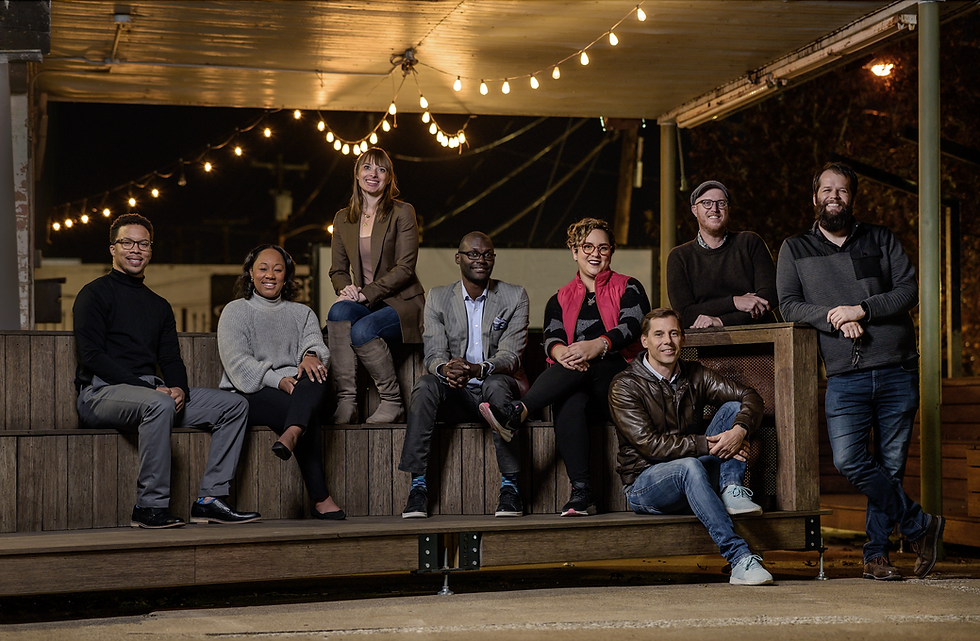Disruptive City, a DIY Real Estate Boom
- Admin
- Oct 23, 2014
- 2 min read
Updated: Jul 30, 2019
Think about the disruptive innovations of the twentieth century like Henry Ford’s Model T or Steve Job’s Macintosh personal computer, which started at the bottom of the market and eventually displaced established competitors. Now think about all the vacant or underused space in your city. New approaches and technologies for using that space are increasing in popularity and could soon change the commercial real estate business as we know it.
This post will introduce emerging disruptive real estate innovations such as Better Block, which uses temporary community placemaking and pop-up shops to build momentum for new real estate markets, and Opportunity Space, which opens data about underused government property to developers. Real estate professionals who understand the appeal of these disruptive innovations will hopefully recognize that they provide the potential for the greatest expansion of the real estate practice in modern times by inviting more people into the symphony of building cities.

There are now hundreds of examples of disruptive innovations in real estate. Some are probably fads, but at the very least, these innovations recognize that people have gone from users of the city to active participants in it. There has been a fundamental shift in culture, and these ideas are here to stay. Like the recent transformation of print media, users are expecting a more social, interactive experience; comment sections, Twitter feeds and Facebook posts allow people to be active participants in news. The same transition is now happening in the city as Code for America, StreetBlogs and Tactical Urbanism are giving people the tools needed to directly influence the development of the city.
Even more interesting are the disruptions now occurring in the financing of real estate. Social network investment platform Fundrise contends that only 3% of the wealthiest Americans are considered “accredited investors” and are allowed to invest in real estate development. Their connecting of investors directly to individual properties online is disrupting the Security and Exchange Commission’s outdated rules and inviting more people into real estate.
Also, there is an increasing demand for more flexibility from commercial and office property owners. New companies like Storefront and Liquidspace are facilitating short-term leases for the ever-mobile retail and office markets; a space can be an art gallery one day, designer fashion boutique the next; a conference room one day, IT hackathon the next. Retail and office will likely never be dominated by a pop-up model, but innovation in real estate could create new profit models for underperforming spaces in new and existing buildings.
Disruptive ideas sneak up on you. At first they seem too small or unscalable to pose much competition. Why would big cab companies or mega hoteliers ever fear a smart phone app? Now, Uber and AirBnB transport and lodge more people than their competitors. Better Block and Opportunity Space methods may not erase current real estate practices, but the cultural shift they represent will disrupt the business sooner or later. Over the coming weeks BetterBlock.org will speak with experts in Real Estate and blog about how the change is manifesting, stay tuned!




Comments